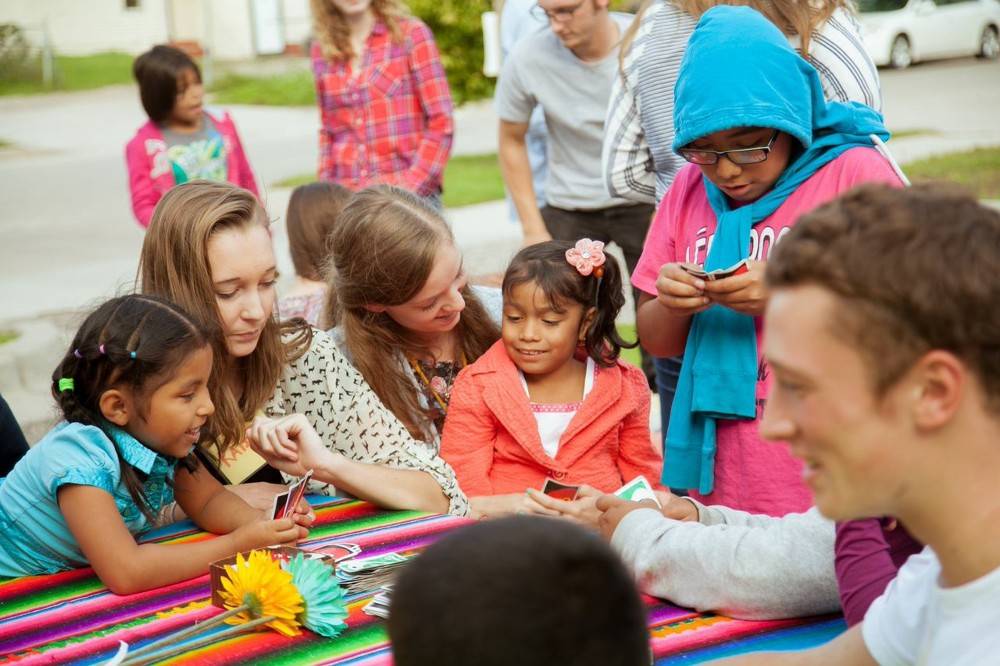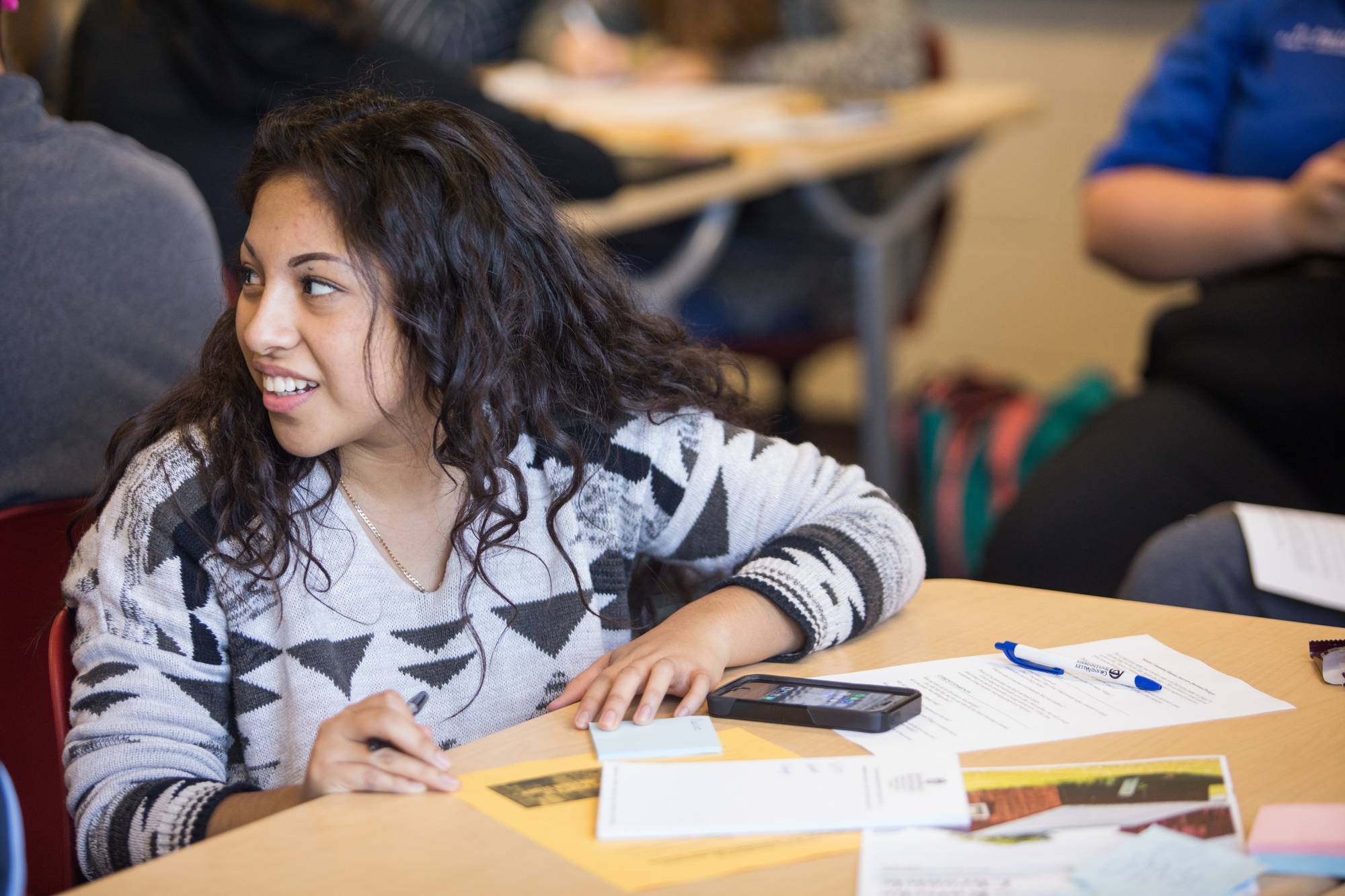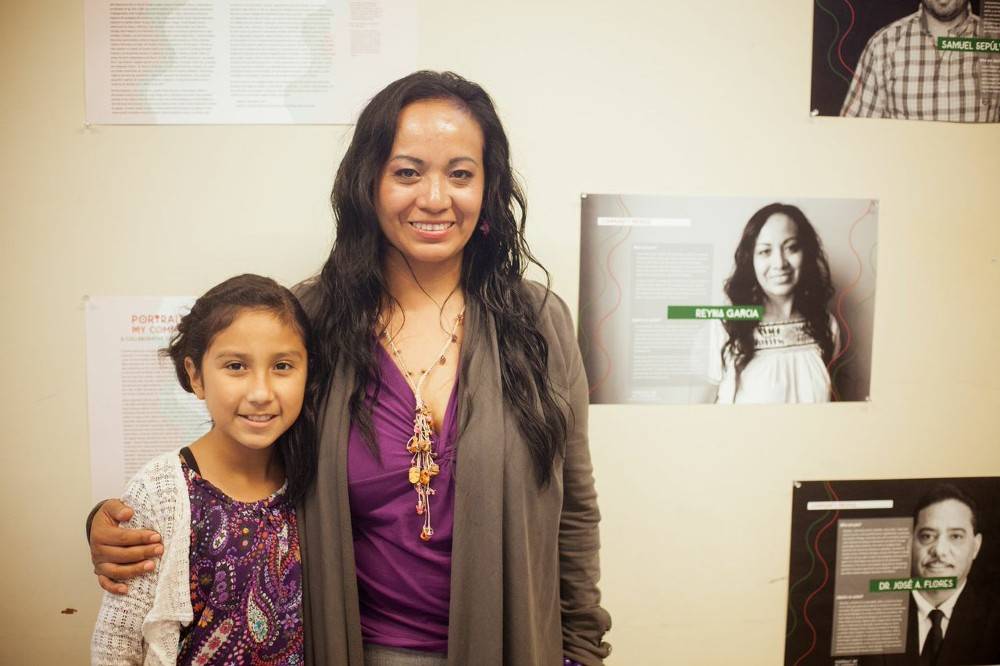Teaching West Michigan Histories Project
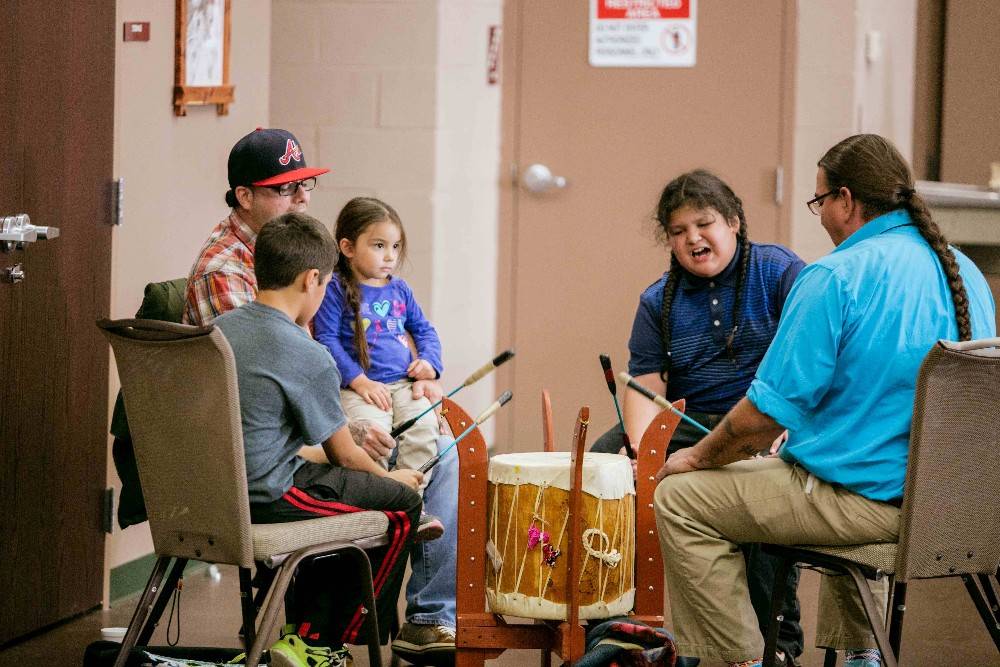
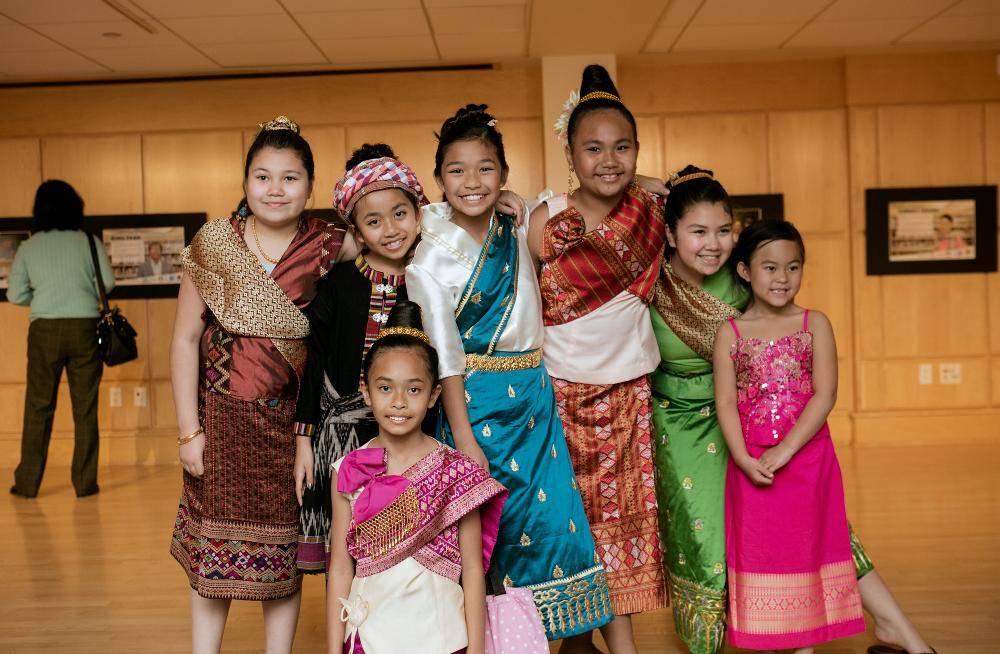
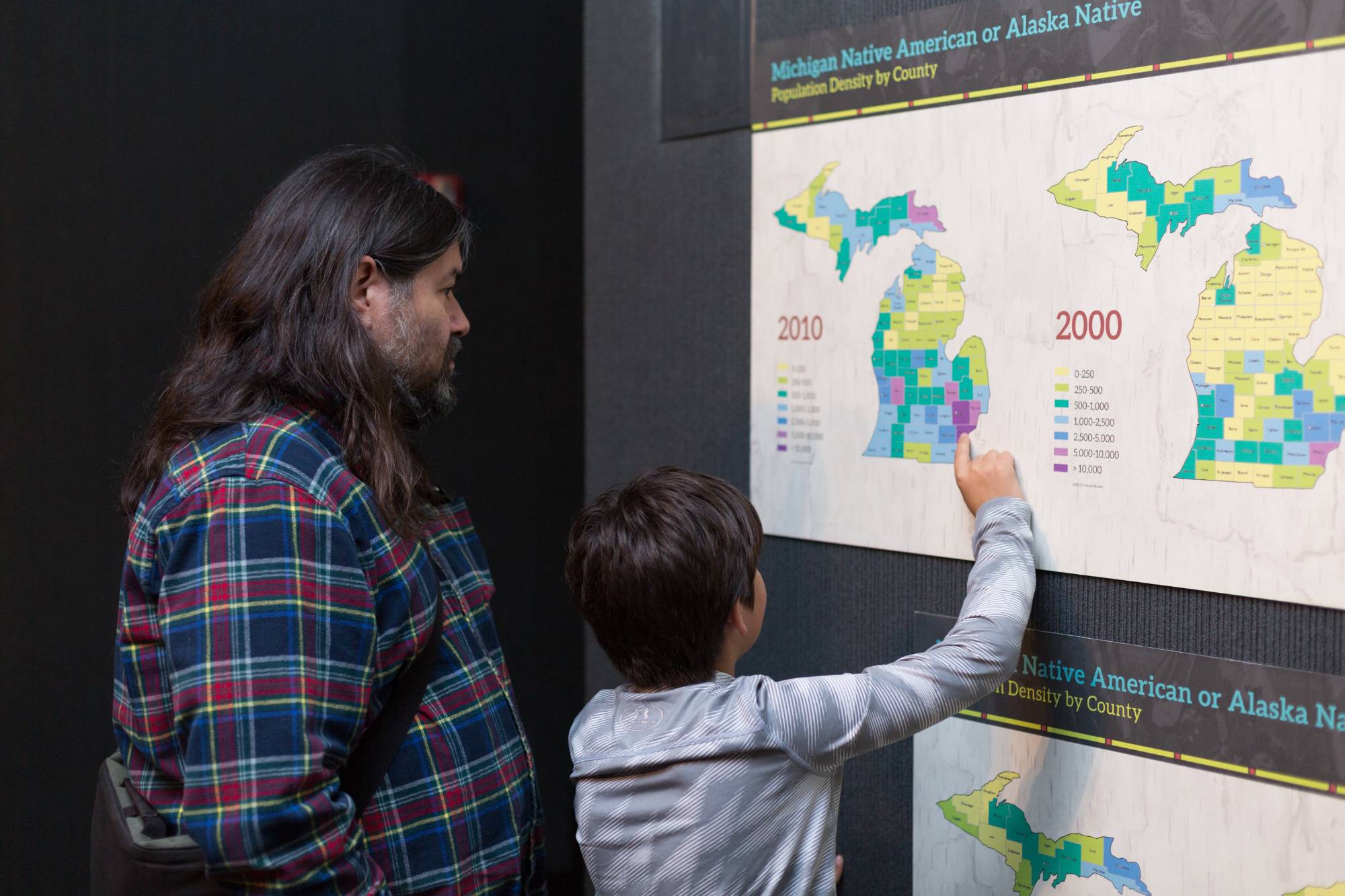
Helping our youth see themselves in history
The Kutsche Office of Local History launched the Teaching West Michigan Histories project in 2021. We work with local K-12 educators and community organizations to help young people understand that all history is local history.
This project involves developing classroom-ready materials that educators can seamlessly fold into their existing plans, knowing that it has been thoroughly researched, aligns with all mandatory educational standards, and covers developmentally-appropriate subjects in engaging and unique ways.
These materials will encourage students to look at major historical events from a local perspective, reminding us all that history does not only take place in legislative buildings, battlefields, or boardrooms.
Get Involved
Recommendations, references, questions? We want to hear from you!
We would love to hear from current or retired education professionals, local historians, or community champions that understand the value of sharing the region's underrepresented histories. Local involvement assures that this work is responsive, responsible, and respectful of our community's needs.
Please contact the Kutsche Office at [email protected] or 616-331-8099
